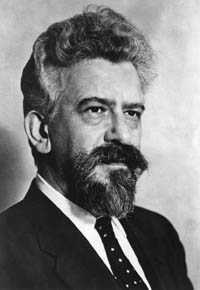“There is a glory, an aura, that lies about all beings, a spiritual setting of reality.”
Источник: Who Is Man? (1965), Ch. 5<!-- The sense of the ineffable, p. 90 -->
Контексте: In English the phrase that a person has "a presence" is hard to define. There are people whose being here and now is felt, even though they do not display themselves in action and speech. They have a "presence." … Of a person whose outwardness communicates something of his indwelling power or greatness, whose soul is radiant and conveys itself without words, we say he has presence.
Standing face to face with the world, we often sense a presence which surpasses our ability to comprehend. The world is too much with us. It is crammed with marvel. There is a glory, an aura, that lies about all beings, a spiritual setting of reality.
To the religious man it is as if things stood with their backs to him, their faces turned to God, as if the glory of things consisted in their being an object of divine care.
